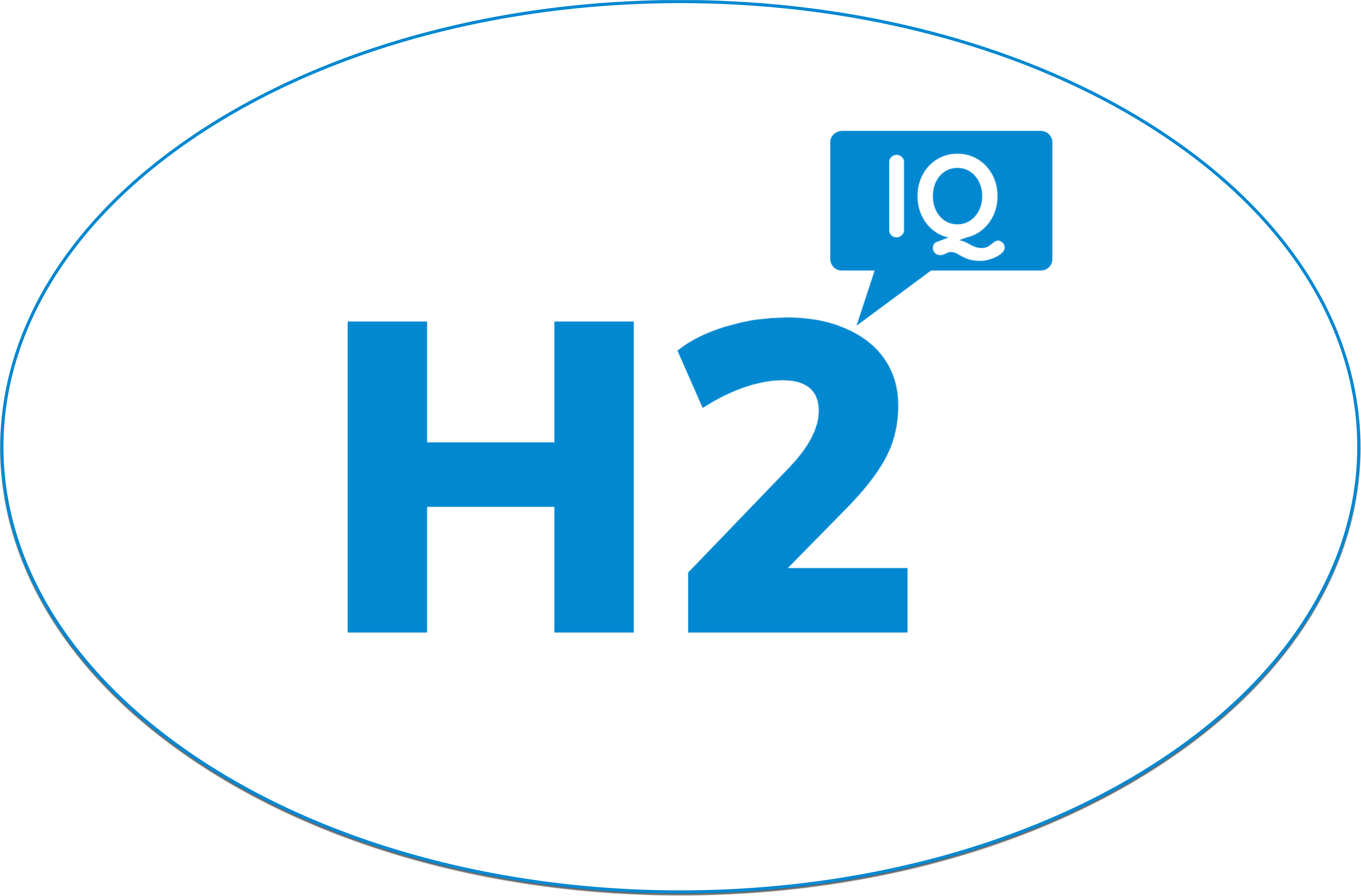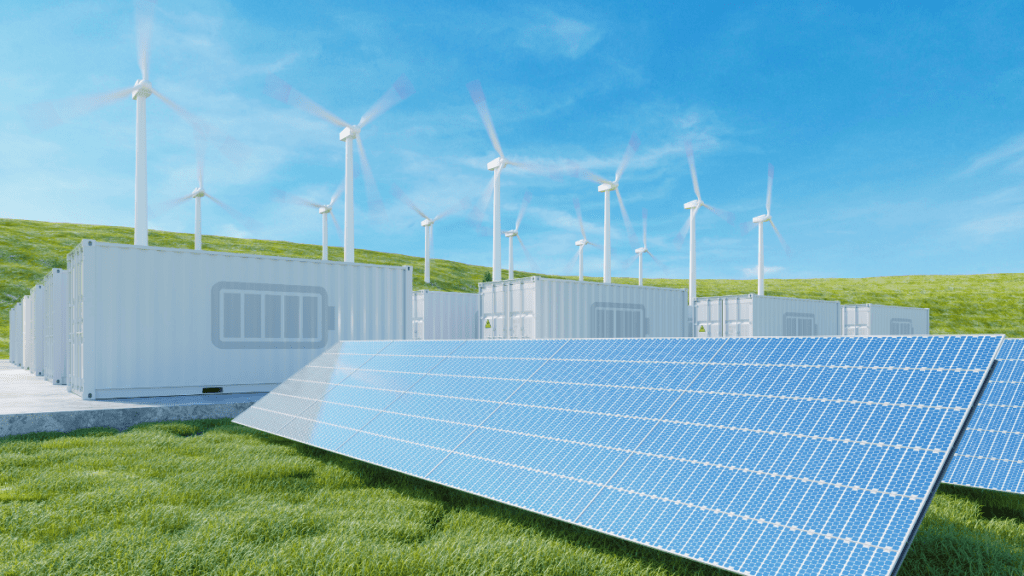
WASHINGTON, D.C. — The Biden-Harris Administration, through the U.S. Department of Energy (DOE), today announced up to $47 million in funding to accelerate the research, development, and demonstration (RD&D) of affordable clean hydrogen technologies. Projects funded under this opportunity will reduce costs, enhance hydrogen infrastructure, and improve the performance of hydrogen fuel cells—advancing the Department’s Hydrogen Shot goal of reducing the cost of clean hydrogen to $1 per kilogram within a decade. Achieving these cost reductions will accelerate the use of clean hydrogen across multiple sectors, strengthening our energy security while supporting President Biden’s ambitious goals of a 100% clean electric grid by 2035 and a net-zero emissions economy by 2050.
“Clean hydrogen is a versatile fuel essential to achieving President Biden’s vision of an equitable clean energy economy rooted in reliability and affordability,” said U.S. Secretary of Energy Jennifer M. Granholm. “This funding will advance cutting-edge research and drive down technology costs to help unlock the full potential of clean hydrogen energy—providing another valuable resource to combat the climate crisis while creating economic opportunities in communities across the country.”
Clean hydrogen—which is produced with zero or near-zero emissions—is set to play a vital future role in reducing emissions from some of the hardest-to-decarbonize sectors of our economy, including industrial and chemical processes and heavy-duty transportation. Reducing emissions in these sectors will be especially beneficial for disadvantaged communities that have suffered disproportionately from local air pollution in the past. While hydrogen technologies have come a long way over the last several years, costs and other challenges to at-scale adoption need to be addressed for clean hydrogen to realize its full potential.
This funding opportunity, which is administered by DOE’s Hydrogen and Fuel Cell Technologies Office (HFTO), focuses on RD&D of key hydrogen delivery and storage technologies as well as affordable and durable fuel cell technologies. Fuel cell RD&D projects will focus particularly on applications for heavy-duty trucks, to reduce carbon dioxide emissions and eliminate tailpipe emissions that are harmful to local air quality. These efforts will work in concert with hydrogen-related activities funded by President Biden’s Bipartisan Infrastructure Law, including the Regional Clean Hydrogen Hubs and an upcoming funding opportunity for RD&D to advance electrolysis technologies and improve the manufacturing and recycling of critical components and materials.
For all topic areas, DOE envisions awarding financial assistance awards in the form of cooperative agreements. The estimated period of performance for each award will be approximately two to four years. DOE encourages applicant teams that include stakeholders within academia, industry, and national laboratories across multiple technical disciplines. Teams are also encouraged to include representation from diverse entities such as minority-serving institutions, labor unions, community colleges, and other entities connected through Opportunity Zones.
The application process will include two phases: a Concept Paper phase and a Full Application phase. Concept papers are due on February 24, 2023, and full applications are due on April 28, 2023.
Learn more about this funding opportunity, HFTO, and the draft DOE National Clean Hydrogen Strategy and Roadmap.





